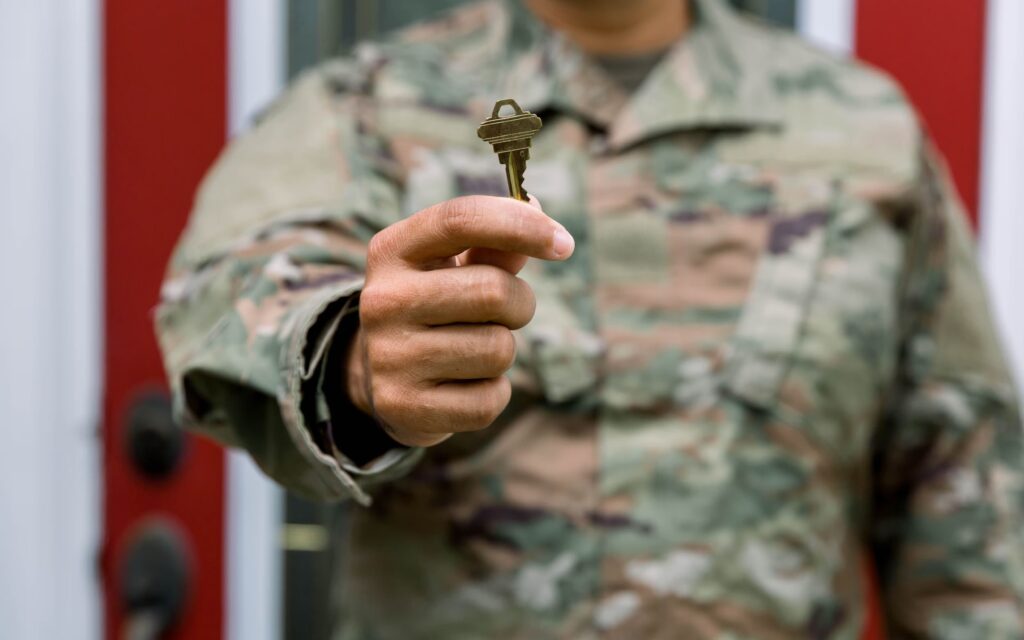The Basic Allowance for Housing (BAH) is a vital component of the military compensation package provided to service members in the U.S. Army. Designed to offset the cost of housing for those who do not live in government-provided housing, BAH plays a crucial role in ensuring that soldiers and their families have access to suitable living accommodations. The amount of BAH a service member receives depends on several factors, including rank, location, and whether they have dependents. This guide will provide a comprehensive overview of BAH, covering eligibility requirements, how much one can expect to receive, and the application process. By understanding these aspects, service members can better manage their housing needs and financial planning.
What is Basic Allowance for Housing (BAH)?
The Basic Allowance for Housing (BAH) is a non-taxable allowance given to service members in the U.S. Army to help cover the costs of housing when they are not provided with government quarters. The primary goal of BAH is to ensure that soldiers have adequate housing options regardless of where they are stationed. The allowance is intended to cover rent, utilities, and other basic housing expenses.
BAH rates are determined based on the cost of housing in specific geographic locations across the United States, ensuring that service members receive an amount that aligns with the housing market in their area. This system accounts for fluctuations in housing costs from one location to another, making it an equitable solution for soldiers stationed in diverse regions.

Basic Allowance for Housing (BAH) Eligibility
Eligibility for Basic Allowance for Housing (BAH) depends on several factors, including rank, dependency status, and the service member’s duty location. Here’s a breakdown of the eligibility criteria:
- Active Duty Status: BAH is available to active duty members of the U.S. Army who do not live in government housing. This includes single soldiers, married soldiers, and those with dependents.
- Rank: The amount of BAH varies depending on the service member’s rank. Higher-ranking soldiers typically receive a larger allowance due to the assumption that they may have greater financial responsibilities and require more substantial housing.
- Dependents: Soldiers with dependents (spouse, children, or other eligible family members) receive a higher BAH rate than those without dependents. This adjustment reflects the increased housing needs of families compared to single soldiers.
- Duty Location: BAH rates are determined by the cost of living in the area where the soldier is stationed. Soldiers stationed in high-cost areas receive higher BAH rates to account for the increased cost of housing.
- Housing Status: Soldiers who live in government quarters or military housing are not eligible for BAH, as their housing needs are already met. BAH is specifically intended for those who must find housing in the civilian market.
How Much is Basic Allowance for Housing (BAH)?
The amount of Basic Allowance for Housing (BAH) a service member receives is determined by several factors, including rank, dependency status, and location. The Department of Defense (DoD) conducts annual reviews of housing costs across the country to update BAH rates, ensuring they reflect current market conditions.
Rank: Each rank has a designated BAH rate, with higher ranks receiving more to accommodate their assumed greater housing needs. For example, a sergeant (E-5) will receive a different BAH amount than a lieutenant (O-3).
Dependents: Soldiers with dependents receive a higher BAH rate. This is known as the “with dependents” rate. Soldiers without dependents receive the “without dependents” rate, which is lower.
Location: BAH rates vary significantly based on location. High-cost areas, such as major cities or regions with high property values, have higher BAH rates to cover the increased cost of housing. Conversely, soldiers stationed in rural or low-cost areas will receive a lower BAH amount.
For instance, a staff sergeant (E-6) with dependents stationed in San Francisco, California, will receive a higher BAH rate than a staff sergeant with the same rank and dependents stationed in a rural area of the Midwest.
The DoD provides an online BAH Calculator where service members can input their rank, dependency status, and duty station to determine their specific BAH rate. This tool is updated annually to reflect the latest housing cost data.

How to Apply for Basic Allowance for Housing (BAH)?
Applying for Basic Allowance for Housing (BAH) is a straightforward process, but it requires attention to detail to ensure that all necessary information is provided and processed correctly. Here are the steps to apply for BAH:
- Determine Eligibility: The first step is to confirm eligibility. This involves checking that the service member is on active duty, not living in government quarters, and has the correct dependency status recorded.
- Submit Necessary Documentation: Service members may need to provide documentation such as marriage certificates, birth certificates, or court orders to verify dependency status. This documentation is crucial for ensuring the correct BAH rate is applied.
- Process Through the Chain of Command: The completed forms and supporting documents should be submitted to the service member’s chain of command for review and processing. The command will verify the information and forward it to the appropriate finance office.
- Receive BAH Payments: Once the application is approved, BAH payments will be included in the service member’s regular military pay. It’s essential to verify that the correct amount is being received, as errors can occur.
Things to Consider
BAH Recalculation: BAH rates are recalculated annually based on updated housing market data. Service members should be aware that their BAH amount may increase or decrease from year to year, depending on changes in housing costs in their area.
Temporary Duty Assignments (TDY): Soldiers on Temporary Duty Assignments may be eligible for a different housing allowance, known as Temporary Lodging Allowance (TLA), depending on the duration and location of the assignment.
Overseas Housing Allowance (OHA): Service members stationed outside the United States may receive the Overseas Housing Allowance (OHA) instead of BAH. OHA is designed to cover the cost of housing in foreign countries and varies based on local housing costs.
